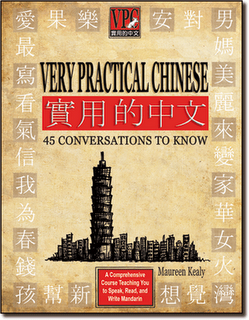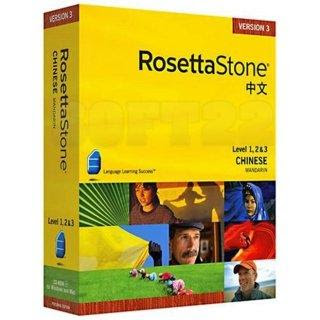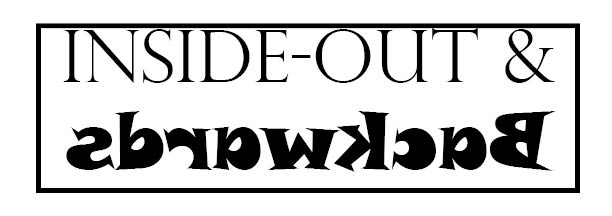
I've now entered into the strange world of choosing my own poison--i.e. the textbook that will be my guide as a Japanese language leraner and as a teacher of ESL. Looking through several, the other day, I found that such a search is not as intuitive as I had thought. What makes a good textbook? Does my purpose matter a great deal in this selection? Does it depend on classroom supplement or an exclusive independent program? I've already spoken about the dictionary of Japanese grammar and how the studying of nontextbook texts can be really effective, but I find that I need more structure. How good were the days of having my teachers assign the text I learned from to me! As far as English as a second language goes the problem as been compounded with the reality that I haven't learned English as a foreign or second language and I'm jsut beginning to teach it so I haven't really got the least idea how to gauge the difficulty and appropriateness of each text.
This is turning into a really whiny entry so I will talk some about the progressive things I learned. I found a really excellent book by a professor at Brigham Young University Language Center called ACTIVE, an acronym for something clever. It had a great balance of reading writing, listening and speaking and I liked the way it set up the reader to learn and interacted with the learner. I've also been asked to do some work with an ELL at an elementary school adn I don't know how to even go about teaching on a children's level but I can see how a text woudl really help you pinpoint the right developmental level.
you pinpoint the right developmental level.
 you pinpoint the right developmental level.
you pinpoint the right developmental level. The most prominent opinion that came out of this is that textbooks should be supplementary. When the text becomes some kind of fail-proof, miracle-working fix, then I start raising my eyebrows, kind of like all those miracle fad diets. language was meant for communication with people and then secondarily communication with a text. The text should help us say what we want to say and organize subjects and grammar in a way that will facilitate our day-to-day, pragmatic use of the language.

No comments:
Post a Comment